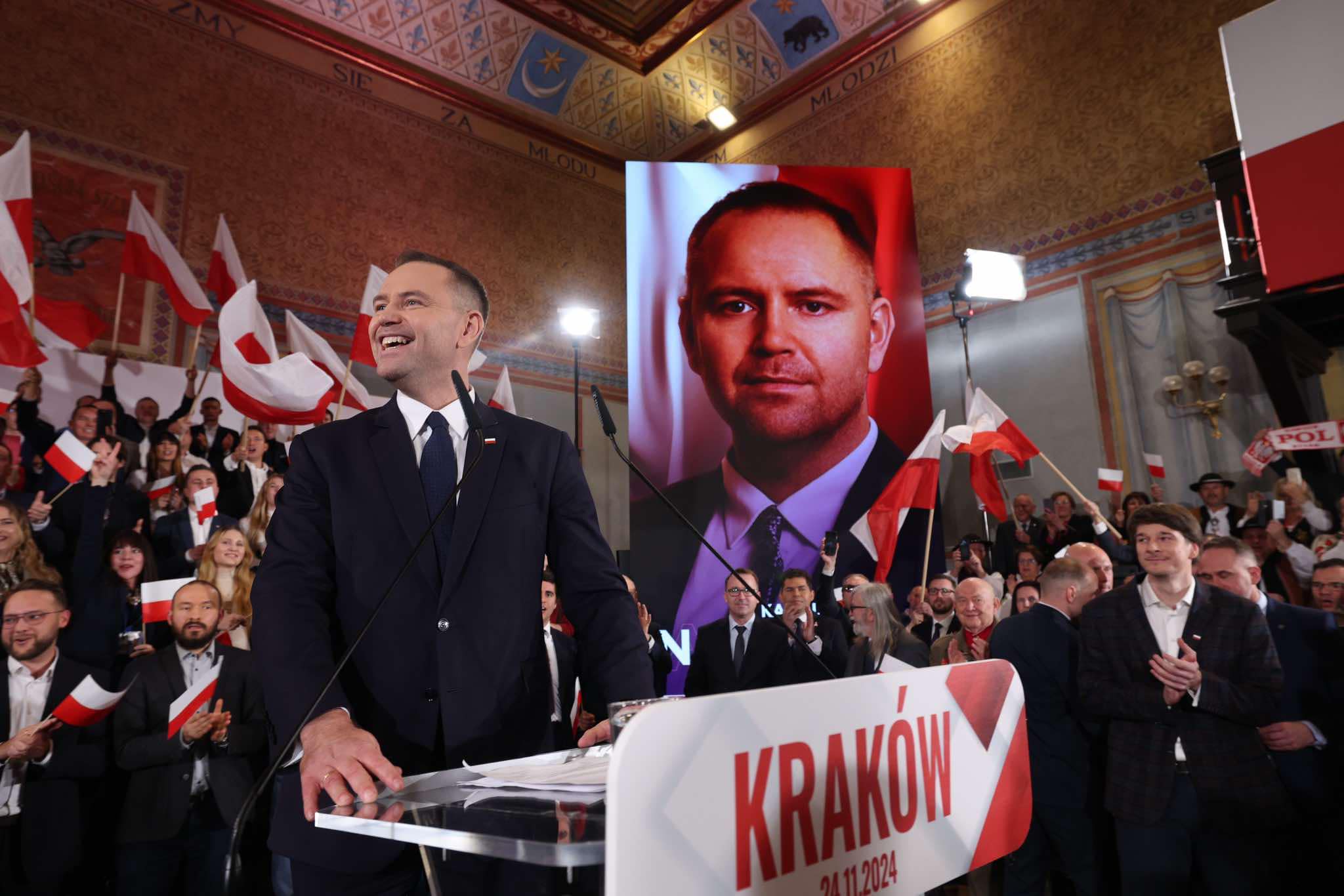Poland: Nationalist Karol Nawrocki elected president with 50.89% of the votes
The results are in after a night of counting: Karol Nawrocki, the nationalist candidate, won the Polish presidential election this Sunday with 50.89% of the votes, according to the official figures released this Monday by the national electoral commission.

SUMMARY
He narrowly defeated his liberal rival, Rafal Trzaskowski, the mayor of Warsaw, who garnered 49.11% of the votes. This close election highlights the deep polarization currently dividing Polish society, a member of the European Union and NATO. It also represents a setback for the liberal camp, which had won the parliamentary elections two years ago and had formed the government with Donald Tusk as its head.
A Tense Coexistence
Nawrocki’s election paves the way for a new political coexistence in Poland. While the president’s role is limited in the Polish institutional system, they nonetheless have significant powers in foreign and defense policy. His right to veto could become a major blocking lever, as was the case under the outgoing presidency of Andrzej Duda.
For the Tusk government, already hindered by the previous head of state, this new situation risks plunging the country back into a political deadlock. The president can indeed veto laws passed by Parliament, a veto that only a three-fifths majority can overturn; a majority that the current executive does not hold.


Comments